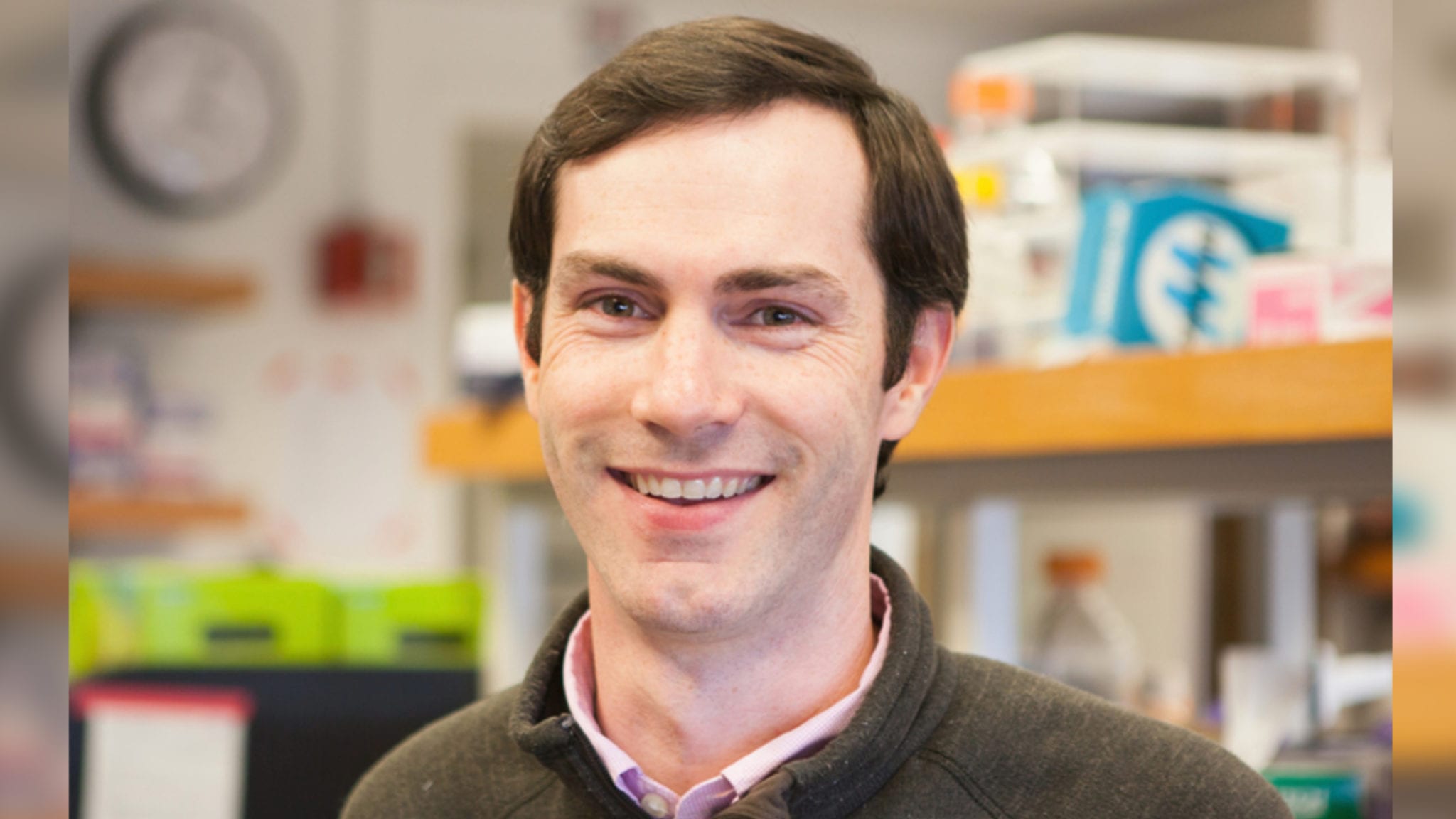
Neil King (University of Washington)
Can a darkhorse synthetic biology Covid-19 vaccine one-up the frontunners? The Gates Foundation, Amgen bet 'yes'
When the coronavirus broke out, Neil King sat down at a computer at the University of Washington and designed a soccer ball.
King, a professor …
Sign up to read this article for free.
Get free access to a limited number of articles, plus choose newsletters to get straight to your inbox.